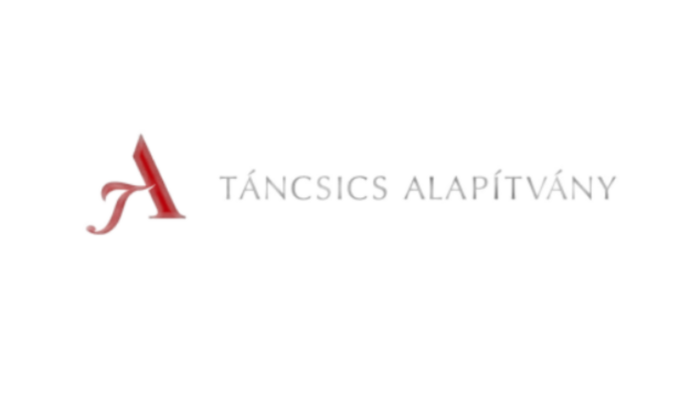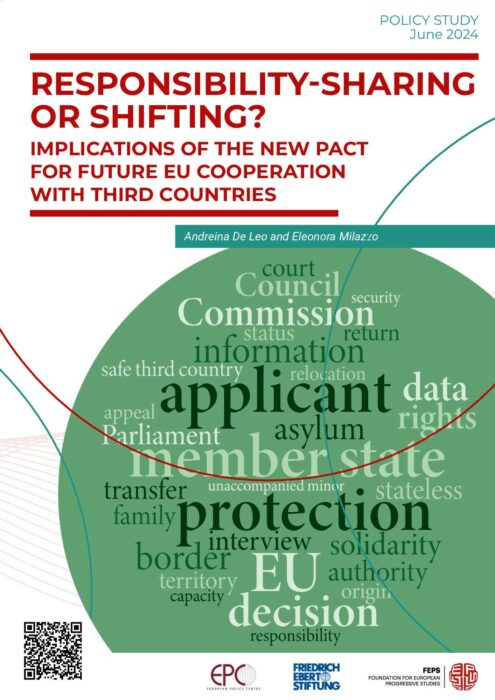Network
Find all related publications
Publications
Find all related news
News
Find all related in the media
In the media
NATO-bővítés sok vitával: érvek, ellenérvek és lobbik a Clinton-elnökség idején
by BBC History 07/07/2024
Die EU-Osterweiterung nach 20 Jahren: Kann die Konvergenz sozial und wirtschaftlich nachhaltig gestaltet werden?
by Wirtschaftsdienst 13/06/2024










